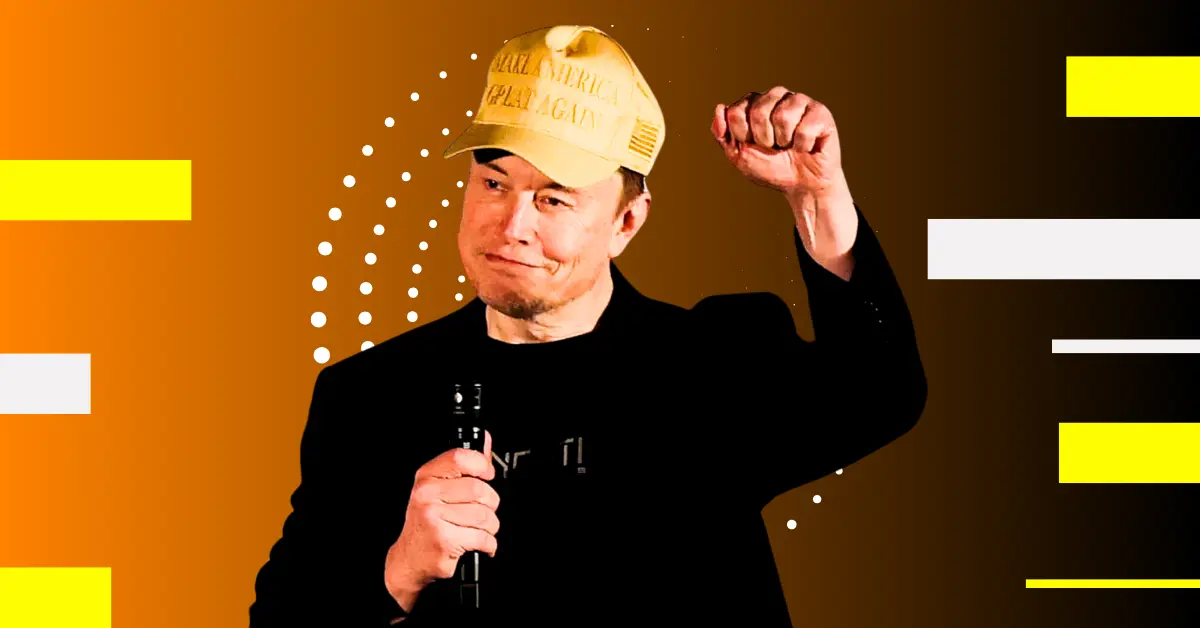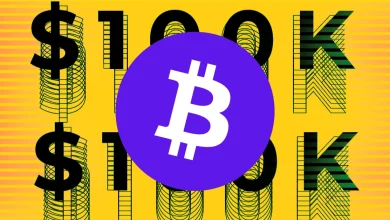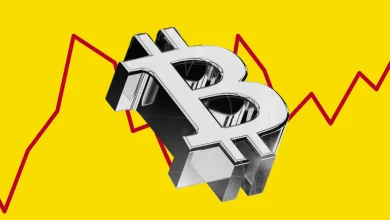
Elon Musk has achieved a significant legal victory against the U.S. Securities and Exchange Commission (SEC), as a federal judge dismissed the agency’s attempt to impose sanctions on him for missing a court-mandated testimony. This legal battle, intricately tied to Musk’s $44 billion acquisition of Twitter, took a dramatic turn when Judge Jacqueline Scott Corley delivered a ruling that favored Musk, leaving the SEC without recourse.
Judge Rules in Musk’s Favor
The SEC had sought to penalize Musk for his absence from a scheduled testimony on September 10, 2023, arguing that it violated a previous court order issued on May 31. Despite these claims, U.S. District Judge Jacqueline Scott Corley determined that sanctions were unwarranted. She highlighted that Musk had already testified on October 3 and had compensated the SEC’s travel expenses, amounting to $2,923. The SEC contended that merely reimbursing travel costs would not suffice as a deterrent for individuals of Musk’s financial stature from disregarding court orders.
In her ruling, Judge Corley articulated, “Because the present circumstances forestall any occasion for meaningful relief that the court could grant, the SEC’s request is moot.” This decision effectively concluded the case, ensuring that no further sanctions would be imposed on Musk.
Musk Explains His Absence
Musk justified his absence by explaining that he was in Florida overseeing SpaceX’s Polaris Dawn mission on the day of the scheduled testimony. His legal team further emphasized that he had complied with the court order by providing testimony in early October, thereby fulfilling his legal obligations.
Musk Slams The SEC
Following the favorable ruling, Musk took to X (formerly Twitter) to express his elation over the victory. Responding to a congratulatory tweet from an X user, Musk humorously commented, “SEC. The middle word is definitely ‘Elon’s,’ but I can never remember what the other two words stand for.”
Musk’s triumph was celebrated widely, with notable figures like Dogecoin founder Billy Markus, also known as Shibetoshi Nakamoto, joining the chorus of support for Musk. Markus referred to the SEC as an “annoying organization,” a sentiment that resonated strongly within the cryptocurrency community, particularly among XRP enthusiasts. Many critics have voiced their discontent with the SEC, especially regarding its ongoing legal battle with Ripple, initiated in 2020 over the classification of XRP as a security.
Musk’s win is not merely a personal achievement; it represents a significant blow to the SEC’s credibility, particularly as the agency continues its contentious legal proceedings against Ripple. This case has once again highlighted the complexities and challenges facing regulatory bodies as they navigate the evolving landscape of cryptocurrency and digital assets.






